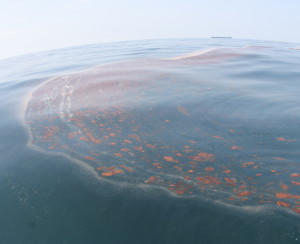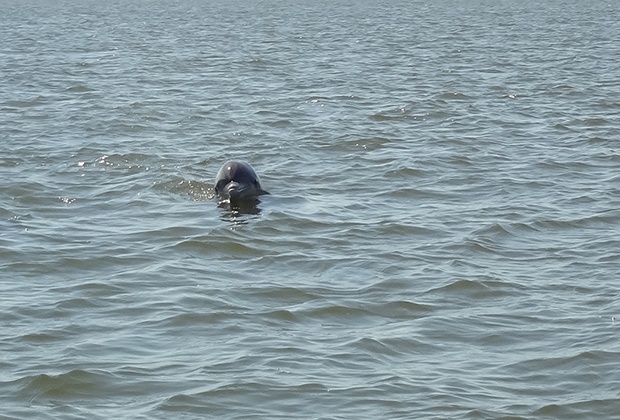We have much more to do and your continued support is needed now more than ever.
BP Settlement: $18.7 Billion for the Gulf

$12.6 billion of the total is tied to environmental penalties and damages, with the remaining $6 billion headed to the Gulf states for economic damages. Taken together, these fines amount to the largest environmental penalty in U.S. history–which is only fitting for an event of this magnitude.
More specifically,
- $7.1 billion will flow to the Gulf States to restore natural resources damaged by the spill, under the Oil Pollution Act. Some of this funding has also been set aside for region-wide and open ocean projects.
- $5.5 billion will resolve the Clean Water Act civil penalties, with 80% of that (or $4.4 billion) sent directly back to the five Gulf States for distribution under the RESTORE Act.
- $4.9 billion will be paid to resolve Gulf States’ economic claims.
- $1 billion to resolve economic claims of local governmental entities in the Gulf States.
This settlement comes at a critical time for wildlife in the Gulf of Mexico. The impacts of the spill on wildlife and habitats are complex, far-reaching and ongoing. Just a few months ago, NOAA released a study that conclusively identified elevated petroleum compounds from the Deepwater Horizon oil spill as a cause of disease in bottlenose dolphins that has contributed to a devastating ongoing unusual mortality event.

The legal wrangling may be over, but the National Wildlife Federation will continue to be on the ground making sure this money is spent on projects that benefit wildlife. With a large portion of these penalties reserved for ecosystem restoration, we have a once-in-a-lifetime opportunity to make a real difference for wildlife and coastal communities alike. We’ve laid out specific plans for the entire Gulf, with a focus on restoring the Mississippi River Delta.
![]() Help us make sure this settlement is spent on projects to benefit wildlife in the Gulf!
Help us make sure this settlement is spent on projects to benefit wildlife in the Gulf!





















